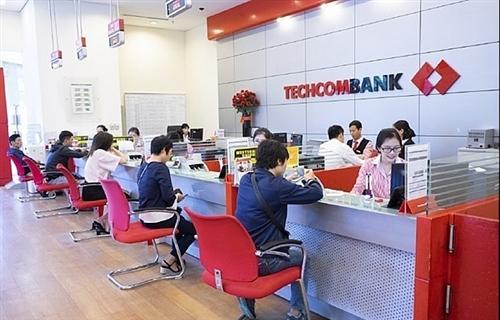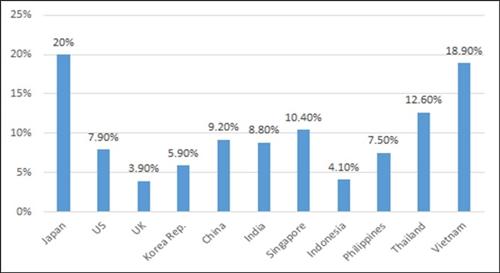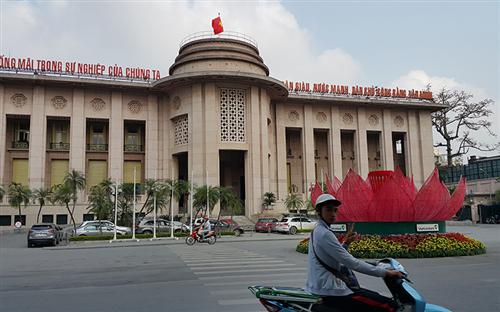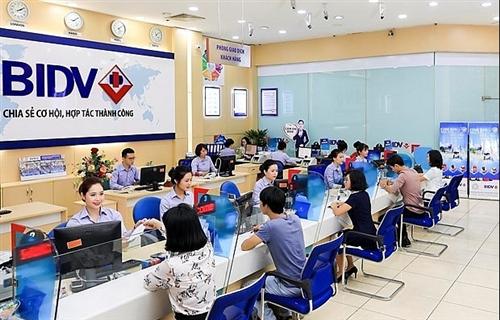Banks ease credit access to help pandemic-hit businesses
Banks ease credit access to help pandemic-hit businesses
The Vietnamese government has directed ministries and departments to alleviate difficulties for businesses affected by the Coronavirus disease (Covid-19) by facilitating access to capital, delaying loan repayments, lowering interest rates, and cutting fees.
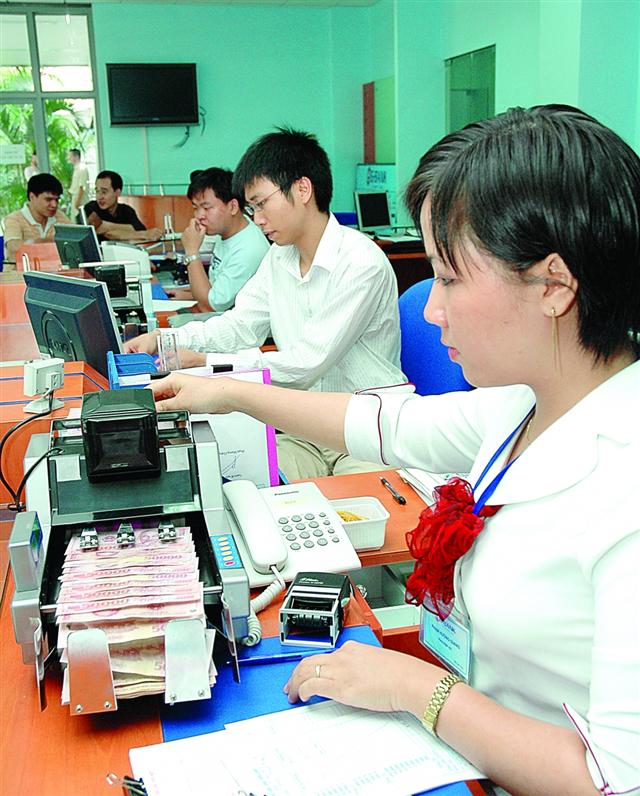 |
Lower deposit interest rates
A report by the Bao Viet Securities Joint Stock Company shows that overnight, one-week and two-week interest rates in the interbank market dropped by 0.07 percent, 0.08 percent and 0.14 percent to 2.02 percent, 2.42 percent, and 2.36 percent per year, respectively.
Interest rates for 12-month deposits of all banking groups saw a decline. Specifically, interests rates of a group of four state-owned commercial banks dropped by 0.1 percent on average, while those of commercial banks with capital of more and less than VND5 trillion declined by 0.07 percent and 0.01 percent, respectively.
In a group of joint stock commercial banks, SHB announced interest rates for 6-month deposits at 7.6 percent per year, a decline of 0.3 percent per year compared to the previous month. Sacombank dropped interest rates for 15-month, 24-month, and 36-month deposits to 7.05 percent, 7.3 percent, and 7.4 percent per year, respectively.
Lower deposit rates help banks reduce lending rates, supporting businesses affected by Covid-19 in maintaining trade and production activities, said Bui Quang Tin, CEO of the BizLight Business School and lecturer from the Banking University of Ho Chi Minh City.
Dr. Nguyen Tri Hieu, adviser of the Board of Directors of the National Citizen Commercial Joint Stock Bank (NCB), said some central banks around the world have reduced their interest rates in order to support the economy. In Vietnam, lower deposit interest rates result in lower lending rates, helping businesses and the economy overcome obstacles. Deposit rates may continue to decline but will not decrease sharply because banks have to attract cash flows for savings.
Credit, tax supports
The Covid-19 spread has affected most aspects of Vietnam’s economy, especially trade and production activities. Due to a decline in consumer demand and business activities, the need for loans and credit has also dropped, leading to a low demand for mobilization from banks and a decline in interest rates. The longer the Covid-19 pandemic lasts, the greater its negative impacts on trade, production and services.
Prime Minister Nguyen Xuan Phuc issued Instruction 11/CT-TTg on urgent tasks and solutions to remove obstacles for trade and production activities, ensuring social security in response to Covid- 19, with two packages of credit support and tax reduction worth about VND280 trillion.
Accordingly, the State Bank of Vietnam is directing credit institutions to continue balancing capital sources to meet the demand for loans for trade and production activities and cut administrative procedures, while restructuring loan repayment terms, exempting or reducing lending rates, and maintaining debt groups for borrowers affected by the Covid-19 outbreak.
Maintaining debt groups plays an important role in ensuring that loans are not converted into bad debts and thus creating favorable conditions for better access to credit. Businesses that do not have a bad credit history can borrow at competitive interest rates, helping reduce input costs and boost trade and production activities.
Ho Chi Minh City Union of Business Associations Permanent Deputy Chairman Pham Ngoc Hung said the banking sector has implemented measures well, helping stabilize interest rates, exchange rates, and capital flows. Thanks to great efforts of the government and the banking sector, the business community enjoys great benefits.




